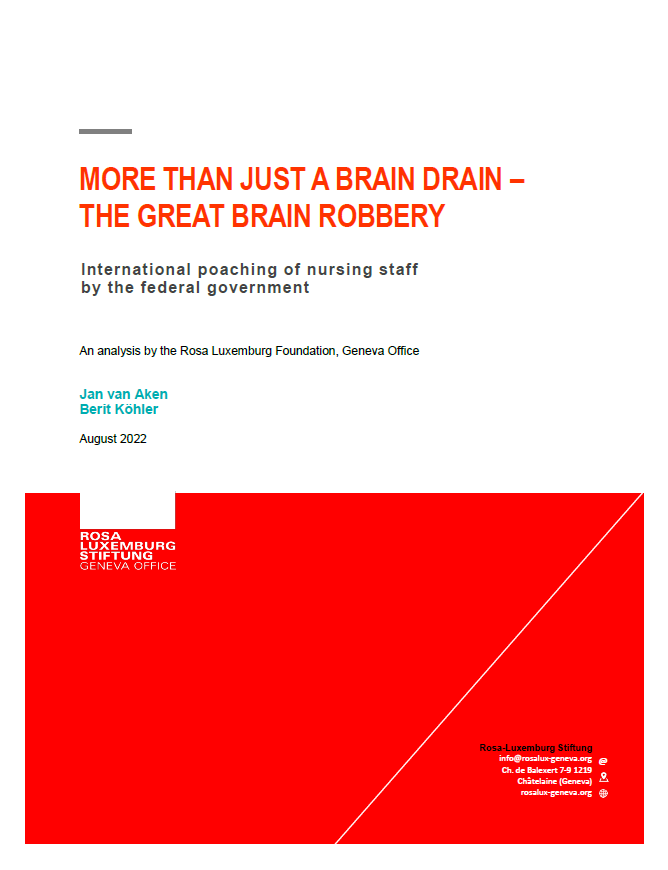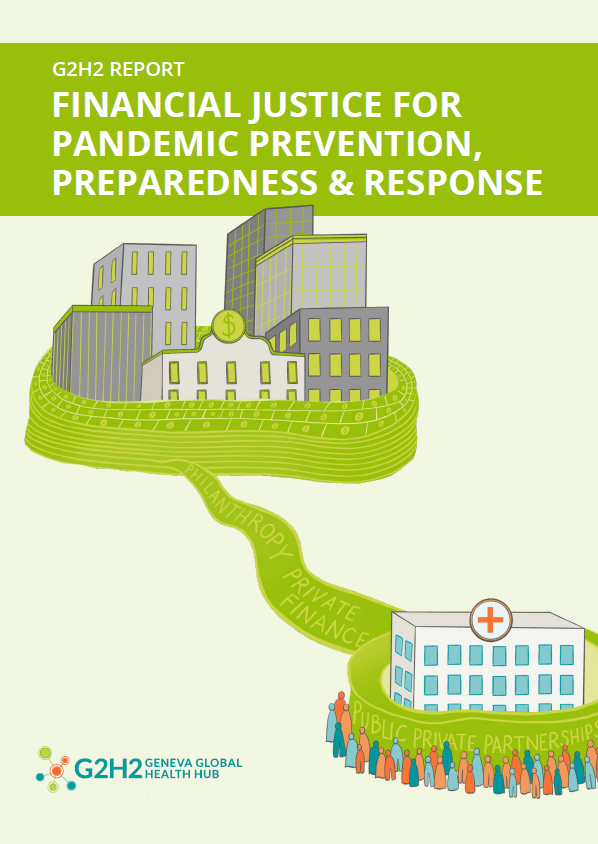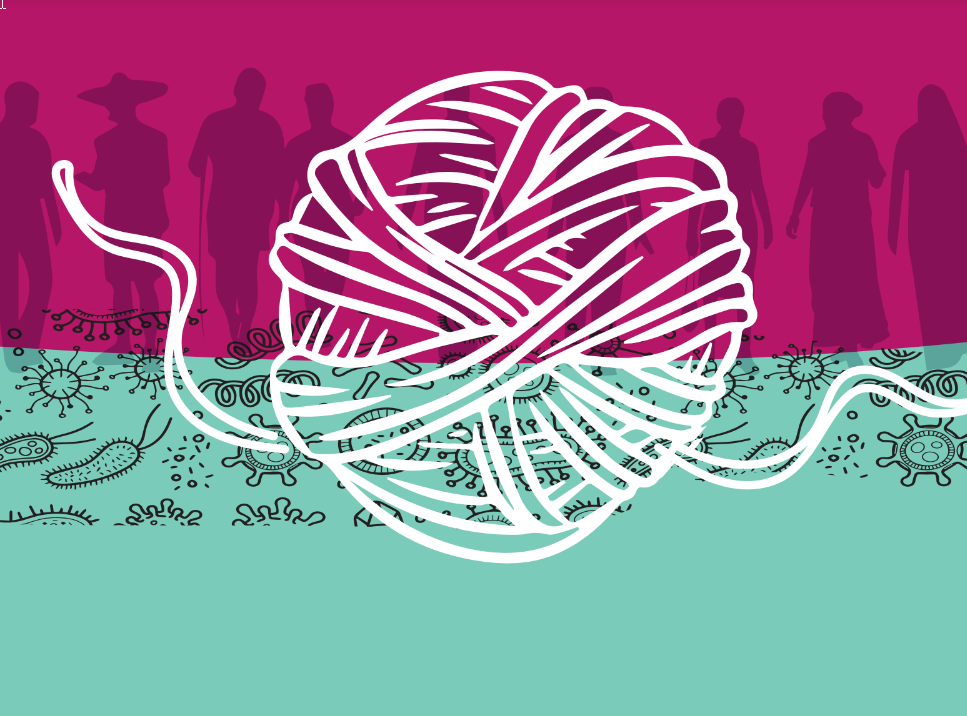Share Twitter Facebook Email Copy URL
International poaching of nursing staff by the federal government
The immigration of foreign health professionals is not a new phenomenon, nor is it a German speciality. For decades, well-trained doctors from the global South have been migrating to richer countries in the hope of better pay and living conditions. The rich North saves a lot of money on school and university education of the immigrant professionals and is able to compensate for long-term undesirable developments in its own health care system, at least for a while, by poaching important staff from abroad – although this of course massively exacerbates the shortage of skilled workers in the countries of origin.
This is currently evident in the nursing shortage in Germany (and not only there). This great shortage of nursing staff is homemade and a direct consequence of profit maximisation in the health sector. The privatisation of hospitals and the flat rate per case system have directly led to an extreme intensification of work in nursing, with poorer pay. Many nursing staff complain that good care is not possible and increasingly that even patient safety is at risk. As long as the work remains so stressful and there is so little money, fewer and fewer people in Germany are willing to work in health care or to seek training in this sector.
For some years now, the federal government has been reacting with a formula that is as simple as it is reprehensible: Well-trained professionals abroad are actively recruited for the health care system in Germany. In the past, people spoke of a ‘brain drain’, an outflow of knowledge or experience, when educated people migrated to richer countries out of individual choice. Today we need to talk much more about ‘brain robbery’ , because with the organised and well-funded poaching programmes of the federal government, other countries are actively and deliberately being robbed of their skilled workers.
Berit Köhler and Jan van Aken have produced studies on global health issues for the Geneva office of the Rosa-Luxemburg-Stiftung.




